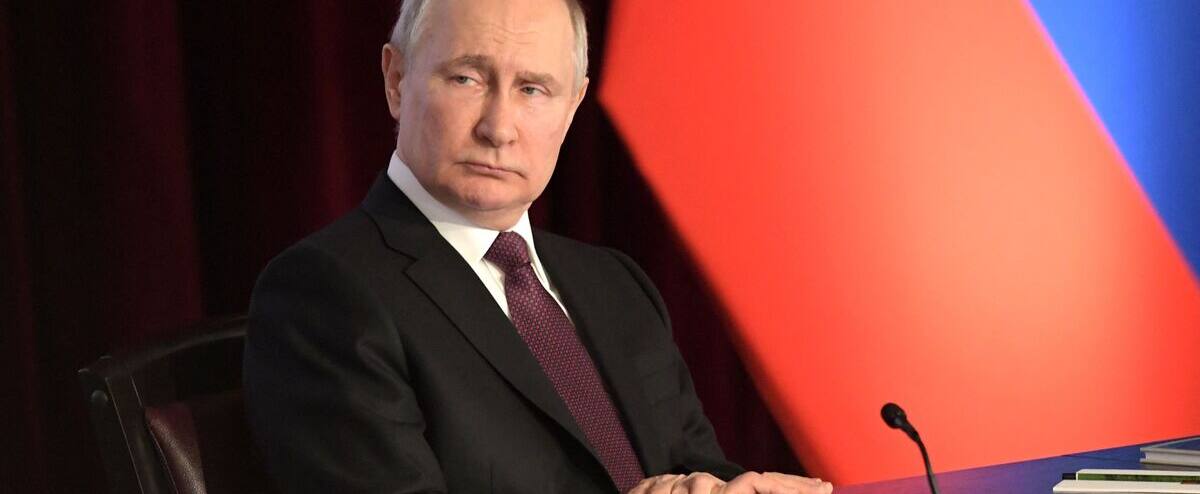
Russia announced, on Monday, the opening of a criminal investigation against the Public Prosecutor and three judges of the International Criminal Court, after this court issued an arrest warrant targeting Vladimir Putin on charges of illegal “deportation” of children in Ukraine.
• Also read: An international conference in London to support the International Criminal Court’s investigation into Ukraine
• Also read: Before Vladimir Putin, former presidents were wanted by the International Criminal Court
• Also read: Issuing an arrest warrant against Russian President Vladimir Putin
The Russian Investigative Committee said in a statement that those judges, including the ICC’s chief prosecutor, Karim Khan, “issued illegal decisions (aimed at) arresting the President of the Russian Federation and the Commissioner for Children’s Rights.”
It was decided to open a criminal investigation.
Thus, Karim Khan, the Prosecutor of the International Criminal Court, is targeted on the grounds that he “initiated criminal proceedings against a known innocent person, along with unlawfully accusing him of having committed a serious or particularly serious offence,” as well as “preparing an attack on a representative of a foreign state.”
The International Criminal Court, based in The Hague, Netherlands, accuses Vladimir Putin of committing war crimes for the “deportation” of thousands of Ukrainian children in the context of the conflict between Moscow and Kiev.
If Volodymyr Zelensky described this decision as “historic” and Joe Biden was “justified,” Moscow mocked it and described it as “null and void,” because Russia is not a member of the International Criminal Court, and therefore does not recognize the lack of jurisdiction of this court, according to the Kremlin. Spokesman for Dmitry Peskov.
According to the Russian Investigative Committee, “criminal prosecution is clearly illegal, as there is no grounds for criminal responsibility.” He noted that Vladimir Putin, as head of state, “enjoys absolute immunity from the jurisdiction of foreign states.”
European Commissioner for Justice Didier Reynders responded from London, where he is taking part in an international conference to support the work of the court in Ukraine.






